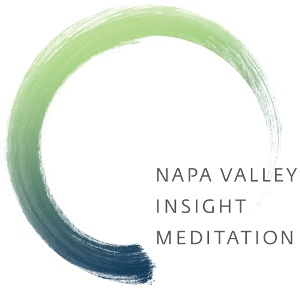
Throughout my many years of meditation practice, I’ve discovered that the simple yet profound concept of curiosity has brought some of the most transformative changes in my life. While the saying goes that “curiosity killed the cat,” from a mindfulness perspective, it is an essential quality for understanding our minds and seeing through the mirage of beliefs that cause our suffering.
As we’ve often discussed (though it’s easy to forget), the goal of meditation practice is not to clear thoughts from our minds. Instead, we are practicing how to accept whatever arises in the present moment, including thoughts and emotions, without judgment. There’s much to be learned by observing how thoughts come and go and how we habitually react to them. This stands in contrast to our natural tendency, which is to try to solve our problems with more thoughts. Unfortunately, this methodology generally doesn’t solve them; it just creates more problems.
This is where curiosity comes in. Curiosity entails being open to the experiences that arise in our minds and bodies. Like patience and kindness, curiosity is particularly useful when negative experiences emerge. Why? Because many of us have a deeply ingrained habit of avoiding anything negative. We tend to avoid sitting with them, accepting them, and learning from them; instead, we prefer to evade them. Curiosity allows us to learn even when the experience isn’t as pleasant as we’d like it to be.
The poet James Stephens said that curiosity will conquer fear even more than bravery. Curiosity is an open willingness to face experience as it is, as opposed to forcing our will onto experience. Thus, in meditation, we aren’t trying to engage with thoughts or analyze them. Instead, we use investigative curiosity to gain insights through simple observation of what is happening in the present moment. Curiosity is merely an engaged and open willingness to sit with our present moment experiences and allow observations to unfold. Without curiosity, it’s hard to maintain the energy necessary to examine difficult experiences without turning away or imposing judgments on ourselves.
One of my favorite methods for staying curious about experience is to work with the koan “What is this?” This isn’t really a question to be answered, but rather a way of being with things with openness and inquisitiveness into “what is.” What does it feel like in my body and mind when I’m anxious (What is this)? What does it feel like in my body and mind when I’m sad (What is this)? It reminds me not to try to figure things out or ponder why something is happening (“why me?”), but to simply investigate.
When we become curious about our experience, without judgment, we are often no longer gripped by it. This can lead to a sense of expansion naturally arising within us, allowing us to understand those parts of the mind that may have been opaque to us in the past. This is how harmful habits are broken. This is how personal change happens. This is how we connect more with nature and the truth of things as they are.
